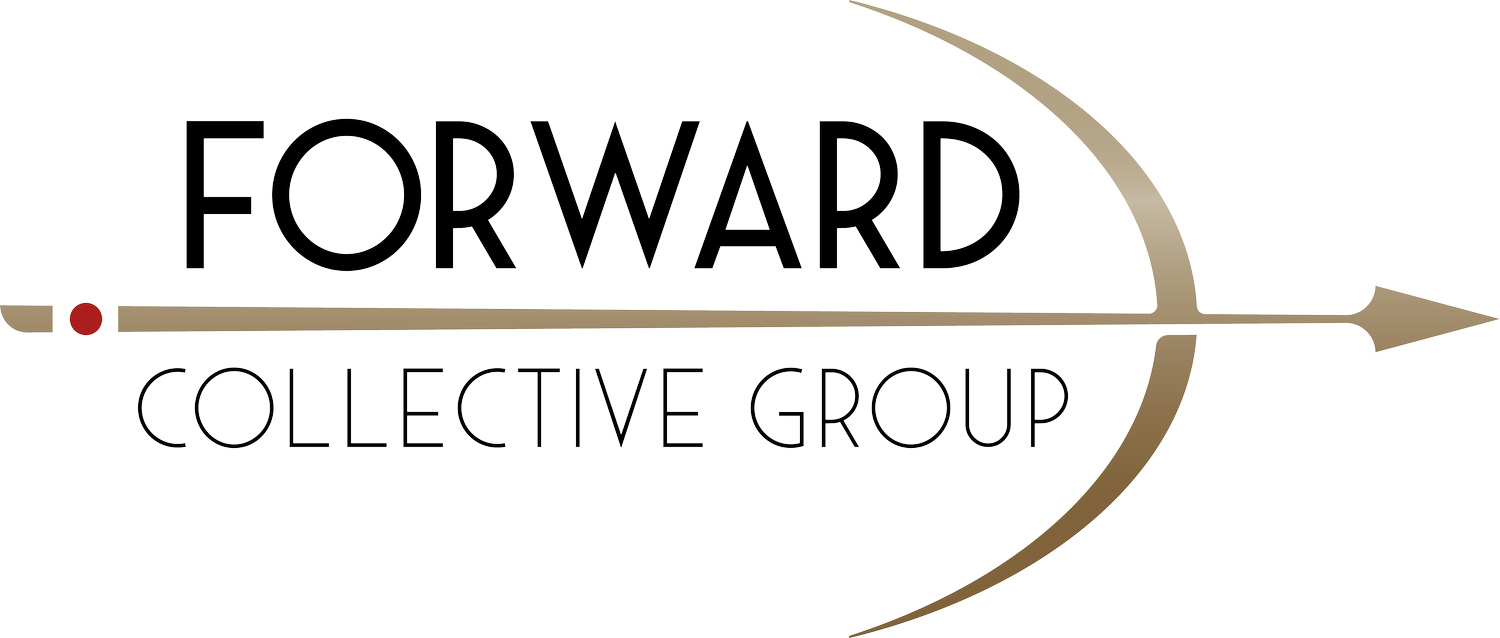Out of the Shadows: Workplace Toxicity
Build work environments that are not only productive but also healthy and sustainable. In cultures where productivity reigns at any and all costs, culture shadows undermine employee well-being. Transparency and preventive action helps leaders recognize and mitigate these harmful shadows.
Unwritten Norms & Subtle Erosion
Unwritten norms are the unspoken rules and expectations that often dictate behavior more than formal policies. For example, if senior leaders consistently work limited hours or seem disengaged, it can create a norm where employees feel that the true path to success lies in appearing busy rather than being productive.
Recognizing and addressing these unwritten norms is crucial for shaping a healthy and aligned company culture. Leaders must be mindful of the signals they send through their own behavior and actively work to establish and reinforce positive cultural norms.
Bridging Generational Expectations
Differing generational expectations in the workplace, such as expectation on work-life balance, can exacerbate culture shadows, especially when one generation occupies the majority of leadership positions. Leaders who expect younger generations to endure their same levels of early career sacrifices risk creating resentment and disengagement.
While a strong work ethic is essential, it's important to challenge the notion that success must be predicated on excessive hours and personal neglect. Creating a more balanced and sustainable work environment not only benefits employees' well-being but also enhances long-term productivity and talent retention. Leaders should be open to evolving expectations and strive to create a workplace that supports the well-being of all generations.
Cost of Ignoring Bad News
Watch out for the danger of leaders who create a culture that shuns bad news; I call it the "Evilene syndrome," named for the famous character in The Wiz. Dysfunction thrives when direct reports filter information to present a pristine but inaccurate picture. This dangerous practice can have severe long-term consequences.
Don’t underestimate the detrimental impact of a leadership team that is unwilling to confront difficult truths. Foster an environment where open and honest feedback is not only accepted but encouraged, so that leaders can gain valuable insights and proactively address issues before they escalate into full-blown crises.
Toxicity’s Long-Term Consequences
While you may achieve short-term productivity gains through pressure and mistreatment, the long-term costs, in employee health, morale, and organizational reputation, are significant.
A strong focus on employee relations aims to create workplaces where individuals do not have to choose between their well-being and a fulfilling job experience. By proactively identifying and addressing toxic behaviors and norms, you can build a culture of respect, well-being, and sustainable success. Recognize your shadows and actively work to dispel them. It’s not just a matter of ethical responsibility; it's a strategic imperative for long-term organizational health.
Watch my Fast Forward Podcast episode on toxic work cultures to learn more: https://youtu.be/SefJsbcIpVQ.

